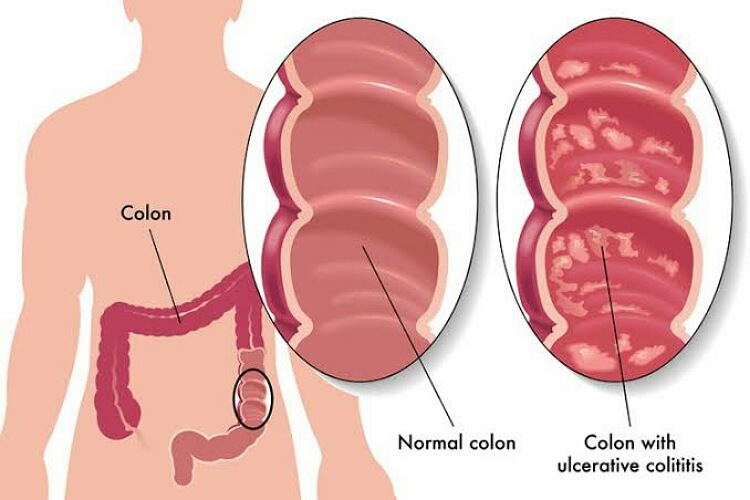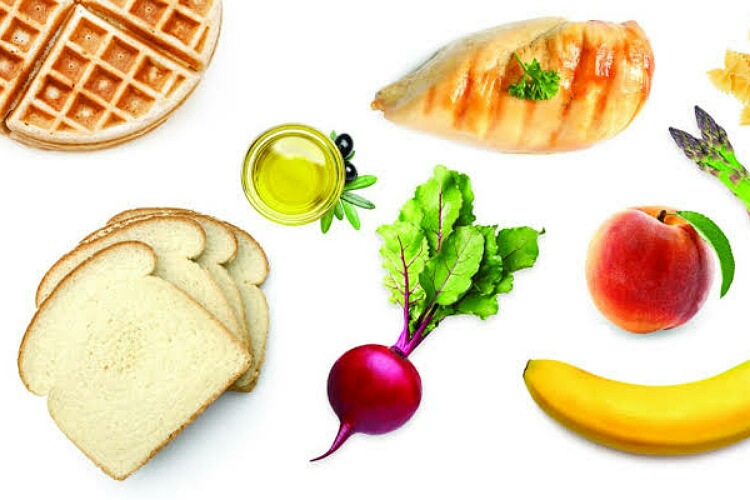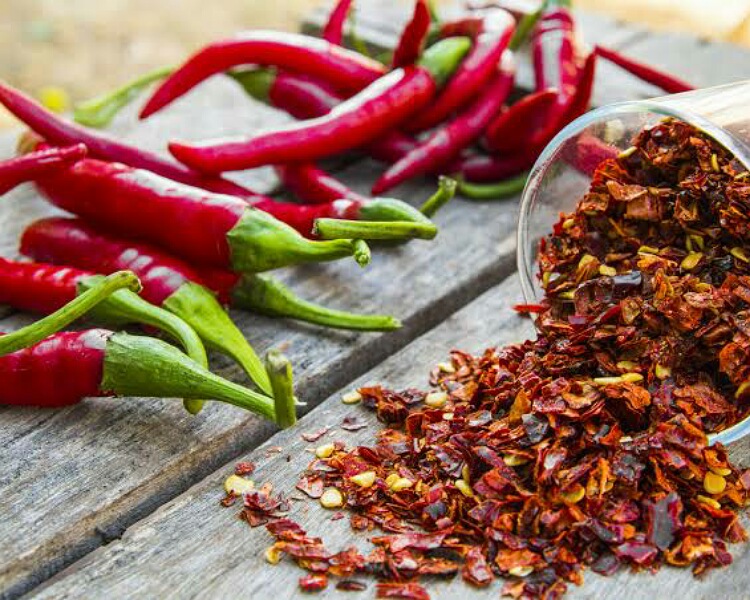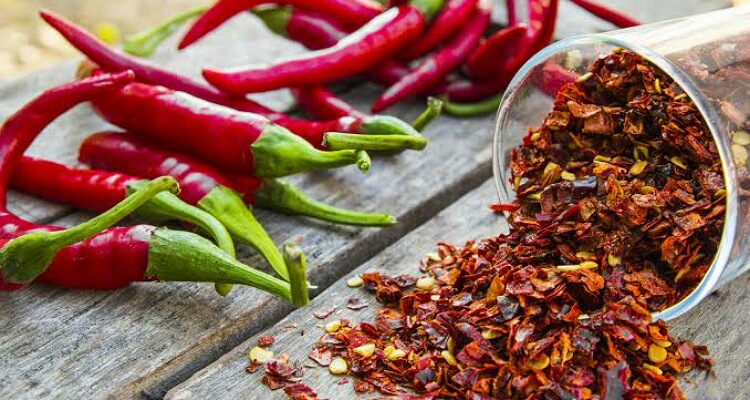Ulcerative colitis is a medical condition in which the immune system attacks the large bowel lining.
Certain foods trigger it. During flare-ups, fiber should be less in food. What are the foods recommended in this condition?
Ulcerative colitis
Ulcerative colitis is a medical condition of the gut. The body’s immune system fails to recognize the gut as its self and starts attacking it. This leads to inflammation and symptoms. Hence, it is an inflammatory bowel disease.
Certain foods increase the symptoms. These foods are different for each individual. Therefore, the patient should be encouraged to keep a food diary. He or she should try to identify the triggering foods. These should then be avoided.

Additionally, the patient gets flare-ups. At such a time, low residue or low fiber foods are best. This brings down the symptoms and lessens the disease burden.
Each patient is unique and food management under expert supervision is to be done.
The flare-up diet
The patient should consume a low-fiber diet during flare-ups. The diet should leave behind low residue. This will decrease the bowel movement frequency. Residue includes low fiber.
But if low-residue food is the aim, fatty meat, caffeine, milk, milk products, and alcohol should also be out. Dr. Deborah Lee, ean xpert in this disease advises:
1. LLow-fiberfruits such as melons, bananas, and stewed fruit.
2. Lean meat, eggs, tofu
3. Refined flour foods such as white bread, pasta, and noodles.

4. Seedless and skinless cooked vegetables such as cucumbers, squash, and pand otatoes. A spokesperson of Crohn’s and Colitis UK cautions:
“Fiber is important for your health, so it’s important to speak to a dietitian before cutting down on it,”
“They might suggest cutting down for a short time during a flare-up, and then slowly adding it back into your diet. It is important to stay hydrated, especially if you have lots of diarrhea. Drink plenty of fluids, but avoid caffeine and alcohol. You could take oral rehydration salts if you are losing a lot of fluid. You can buy these from pharmacies or supermarkets.”
Cooking decreases insoluble fiber and might be beneficial for such patients.
Foods to avoid in flare-up
Foods that worsen intestinal permeability such as fatty foods should be consumed less or not at all. The charity Crohns and Colitis UK’s spokesperson adds:
“Avoiding certain foods helps some people manage some common symptoms,”
“But for some people, changing their diet has no effect. Foods that sometimes make symptoms worse include spicy or fatty foods, high-fiber foods, foods containing gluten and dairy foods. Drinks containing caffeine, sweeteners or alcohol can also make diarrhea worse.”
Read more: Beetroot juice: benefits for heart, liver, gut, and skin!

There is no diet or elimination of foods that fit all patients with ulcerative colitis. For some, certain foods increase symptoms, and some foods give relief of symptoms.
And for other patients, foods do not seem to affect the symptoms. Even changing diets hhasno influence. The best is to be under expert supervision and eat according to the set plan advised.
